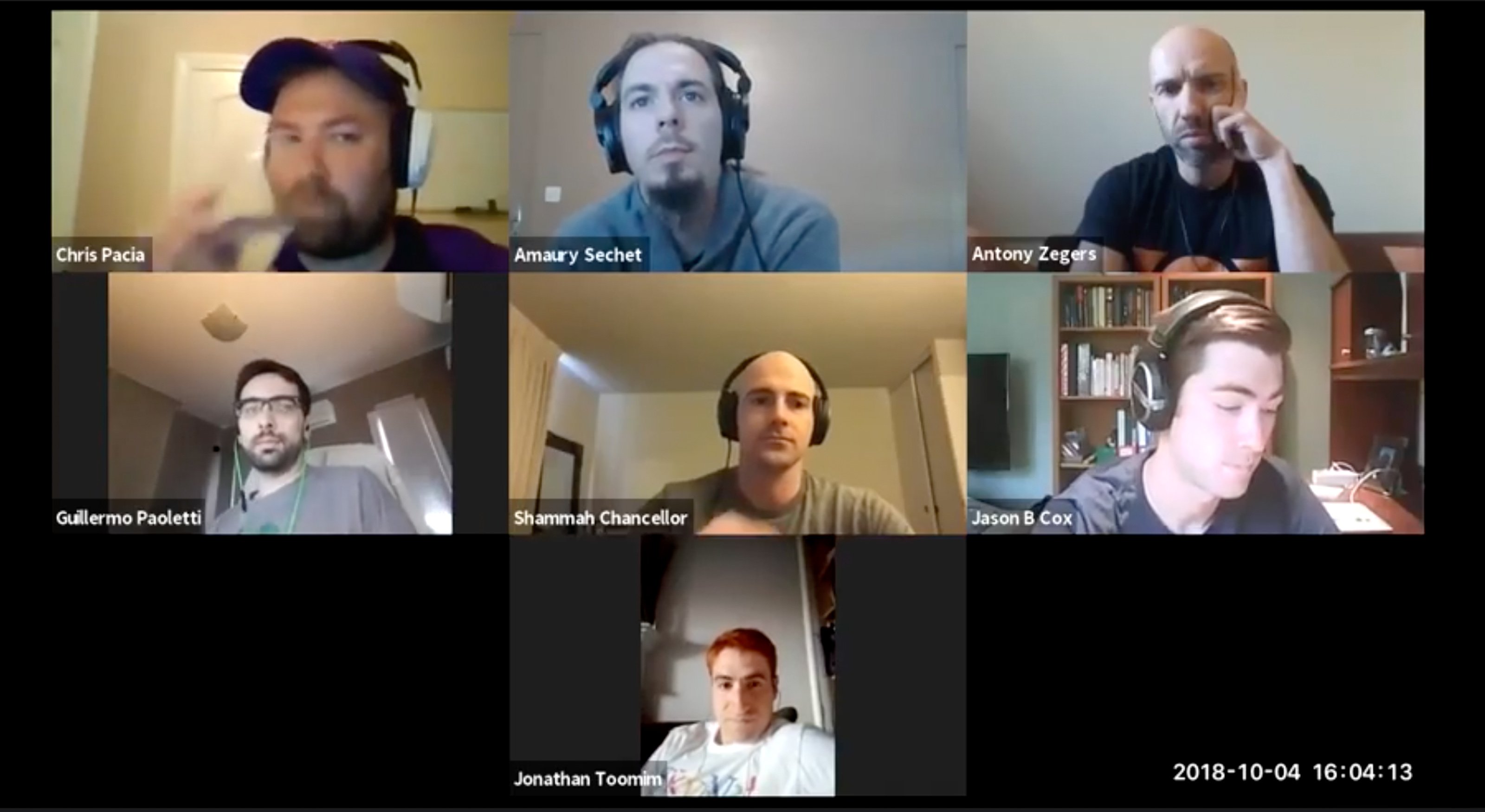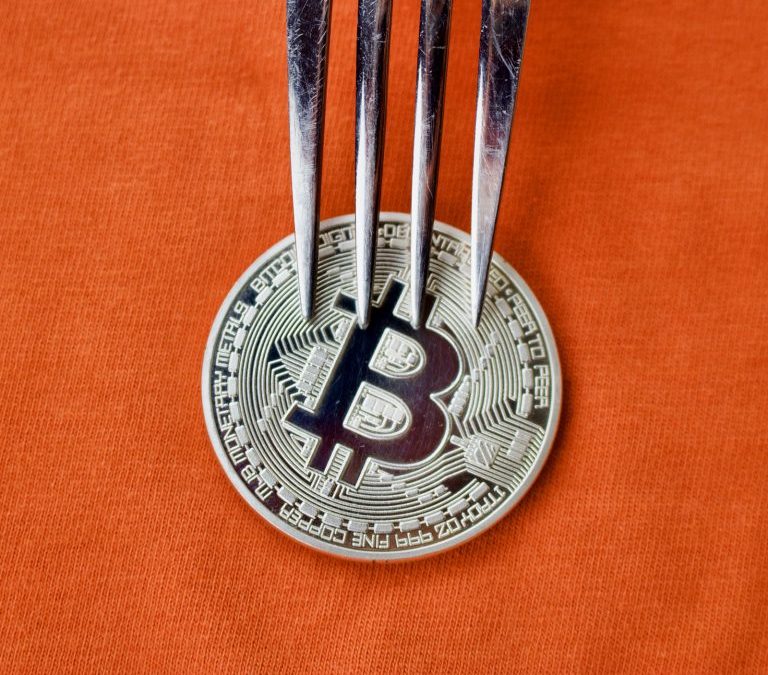On Wednesday, Oct. 10, the mining operation SV Pool mined its first Bitcoin Cash block. The pool operators led by the blockchain firms Nchain and Coingeek say that hundreds of miners from all around the world have signed up to mine with the pool.
Also Read: Zigzag Platform Provides Bitcoin Cash Swaps Over the Lightning Network
Bitcoin SV Pool Makes a Move On the Scaling Chess Board
 There’s a little more than a month left until the Bitcoin Cash (BCH) network upgrade scheduled for November 15. To this day there is still a disagreement between the Bitcoin ABC developers and the team behind Bitcoin SV, the new full node software created by Nchain that has an entirely different upgrade plan. At approximately 10:12 a.m. EDT on Oct. 10, the mining operation SV Pool mined its first BCH block at height 55185. Coingeek and Nchain claim that hundreds of miners are registering for the pool and 233 miners have pre-registered in September. Public registration for the pool will begin in mid-October and the operation plans to add pay-per-share plus (PPS+) payouts alongside the pool’s current pay-per-last-N-shares (PPLNS) plans.
There’s a little more than a month left until the Bitcoin Cash (BCH) network upgrade scheduled for November 15. To this day there is still a disagreement between the Bitcoin ABC developers and the team behind Bitcoin SV, the new full node software created by Nchain that has an entirely different upgrade plan. At approximately 10:12 a.m. EDT on Oct. 10, the mining operation SV Pool mined its first BCH block at height 55185. Coingeek and Nchain claim that hundreds of miners are registering for the pool and 233 miners have pre-registered in September. Public registration for the pool will begin in mid-October and the operation plans to add pay-per-share plus (PPS+) payouts alongside the pool’s current pay-per-last-N-shares (PPLNS) plans.
Over the last few weeks, the BCH community has been talking about ‘hash wars’ and solving things with Nakamoto consensus. Lots of people believe that a ‘hash war’ will be sparked between miners who support Bitcoin ABC with miners who support the SV client. Others think there really isn’t much of a divergence within the community and there likely won’t be a split. On Oct. 9 the Coingeek columnist Erik Gibbs claimed Bitcoin ABC developers don’t believe in Nakamoto consensus. Gibbs also wrote that the recent debate has led to some people saying the November hard fork could result in a split.
“But there is a minority of individuals who are apparently pushing for it to happen,” the Coingeek writer explained. “One of these is Bitcoin ABC — The development team has repeatedly spoken out against several advances that are being added to Bitcoin BCH, including the Nakamoto Consensus.”
The Question Remains: Increase the Limit Now or Optimize Before Raising the Limit?
The Bitcoin ABC development team and volunteers appeared in a video on Oct. 4, answering all kinds of questions concerning some of the roadmap’s upgrades. During one of the questions, the ABC developers were asked why Bitcoin SV programmers disliked canonical transaction ordering (CTOR). The Bitcoin Cash miner and programmer Jonathan Toomim answered the question by claiming that the Bitcoin SV camp is wrong about CTOR.
“Bitcoin SV believes that CTOR is wrong and that we shouldn’t do it — They are wrong about that because CTOR is great and awesome and it will help Bitcoin scale,” Toomim details. “Bitcoin SV has this very interesting idea but interesting in not so good of a way. They want to increase the block size limit while simultaneously getting rid of the features that will help us achieve the block size limit or a higher capacity in a safe fashion.”

Hash Wars and Two Hard Fork Rule Sets Colliding
Toomim also adds that he doesn’t have any sympathy for the Bitcoin SV perspective at all. The developer says that CTOR helps improve block propagation and with the Graphene protocol added it could create a huge difference in optimization performance. Further, Bitcoin ABC developer Jason Cox detailed how the failure rate for compact blocks gets more excessive when huge blocks are processed. At the very end of the video, Toomin emphasizes that a ‘hash war’ is the wrong way to find a resolution to this disagreement.
“You can’t use a hash war to resolve this issue — If you have different hard forking rule sets you are going to have a persistent chain split no matter what the hash rate distribution is,” Toomin adds.
Overall the biggest disagreement between both camps is the method by which BCH can achieve scaling massive sized blocks. The Bitcoin SV team wants to upgrade the block size limit to 128 MB this November and continue increasing the limit over time. Bitcoin ABC believes the chain won’t be capable of handling these large block sizes without adding things like CTOR beforehand. The disagreement has led to certain members of the community choosing sides, while some remain neutral and wait to see if a ‘hash war’ will really come to fruition.
Feel like you missed something? For a brief history concerning BCH consensus changes planned for Nov. 15, 2018, check out these reports below:
- The Opposition Towards Bitcoin ABC’s Proposed Upgrade Changes
- Coingeek Speaks on Consensus Changes and Next-Gen ASIC Chip
- Nchain Plans to Launch a BCH Full Node Client Called ‘Bitcoin SV’
- November BCH Upgrade Discussion Heats Up After Bitcoin SV Full Node Announcement
- Network Incompatibility Discussed After Bitcoin ABC Launches Latest Version
- Nchain Publishes Bitcoin SV Alpha Release
- Wormhole Developers Address Rumors Concerning Protocol Security
- Two Exchanges Publish Contingency Plans for November BCH Fork
- Bitcoin Cash Stress Test Goes Beyond 24-Hours Setting New Records
- Bitcoin Cash Hard Fork Debate Reconvenes After the Stress Test
What do you think about the upcoming Nov. 15 hard fork? Do you think a ‘hash war’ will take place? Let us know what you think about this subject in the comment section below.
Images via Shutterstock, Youtube, and SV-Pool.
Want to create your own secure cold storage paper wallet? Check our tools section.
The post SV Pool Mines Its First Block as November’s Bitcoin Cash Fork Approaches appeared first on Bitcoin News.














